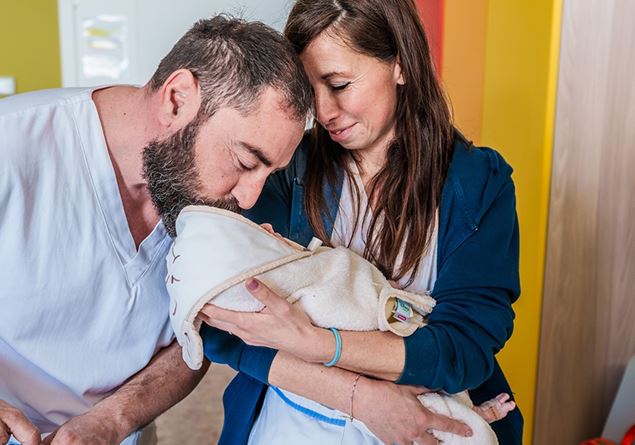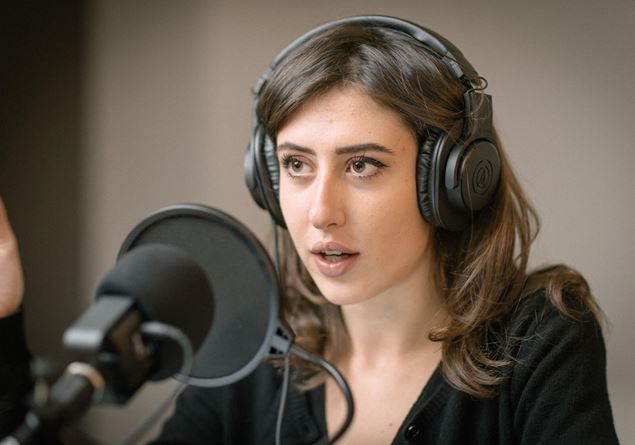After 20 days of detention in Evin prison in Tehran, the Italian journalist Cecilia Sala was finally freed by the Iranian authorities. The flight that is bringing her home took off a few hours ago, marking the end of a story that kept the whole of Italy in suspense and attracted international attention.
The capture and detention in Evin
Cecilia Sala, a 29-year-old reporter known for her lucid and courageous analyzes for The Sheet And Middle Chorawas in Iran on a regular journalist visa when she was arrested on December 19, 2024. Iranian authorities said the journalist was suspected of violating the laws of the Islamic Republic, without ever providing specific details. Sala was transferred to Evin, a prison infamous for its treatment of political dissidents and people accused of espionage.
In prison, Cecilia Sala was kept in solitary confinement, deprived of essential goods such as glasses and forced to sleep on a concrete floor. A phone call given to his parents during the first days of detention revealed the harshness of his situation: «I’m fine, but I don’t even have a blanket. It’s difficult.” His condition has raised strong concerns, fueling a wave of solidarity.
Italian diplomacy in action
Since her arrest, the Italian government has launched intense diplomatic activity to secure the journalist’s release. The Foreign Minister, Antonio Tajani, and the Italian ambassador to Tehran, Paola Amadei, have maintained constant dialogue with the Iranian authorities. “The priority is to bring Cecilia home safely,” Tajani declared during a press conference a few days after the arrest.
The involvement of diplomatic intermediaries, including Switzerland, which traditionally represents Western interests in Iran, was crucial. Contacts between Rome and Tehran have intensified in the last 48 hours, with the aim of finding a quick and peaceful solution.
A story intertwined with geopolitics
The liberation of Cecilia Sala cannot be read without considering the geopolitical context. Just three days before his arrest, Italian authorities had detained Mohammad Abedini Najafabadi, an Iranian engineer accused by the United States of supplying drone technology to the Revolutionary Guards, at Malpensa. This coincidence has fueled speculation that Iran arrested Sala as a measure of diplomatic pressure to obtain Abedini’s release.
Despite official denials from the Iranian side, which defined Sala’s arrest as an independent matter, diplomatic sources suggest that Tehran may have wanted to use the journalist as a pawn in a possible exchange.
International solidarity
Cecilia Sala’s arrest sparked a wave of solidarity from the journalistic community and human rights organizations. Amnesty International and Reporters Without Borders denounced the conditions of his detention and called for his immediate release. “Freedom of the press cannot be negotiated,” declared Christophe Deloire, general secretary of RSF.
Many of Sala’s colleagues also mobilized on social media, using the hashtag #FreeCecilia to raise public awareness. The Italian political world, from right to left, has united in calling for his release, with the President of the Republic, Sergio Mattarella, following the matter closely.
An eagerly awaited return
Now that Cecilia Sala is free, a phase of reflection opens. The journalist, who has always passionately reported on the conflicts and challenges of human rights in the Middle East, returns to an Italy that supported her but which must face important questions about the protection of press freedom abroad.
His case highlights the growing risks for reporters in crisis areas and raises questions about the relationship between journalism, politics and diplomacy. It is not yet clear whether Sala will be able to return to work in countries like Iran or whether this experience will mark a turning point in his career. “Cecilia demonstrated extraordinary courage,” declared Minister Tajani. “Now is the time to welcome her home and ensure she can continue to do her job safely.”
A victory for diplomacy
The release of Cecilia Sala represents an important victory for Italian diplomacy and for the right to information. But it remains a warning about the vulnerability of journalists in authoritarian regimes. Cecilia’s return is not just news to celebrate: it is a reminder of the need to protect those who risk their lives to tell the truth.








